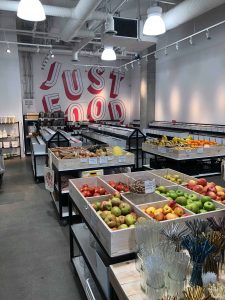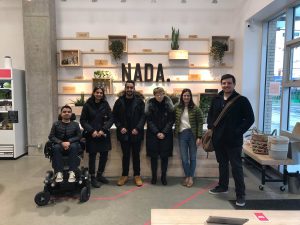Last week, I was researching on electric vehicles and thats when I realised the power of Marketing or “feel good” statements – something when said, makes consumers ro citizens go “ooooh, yes!”. But in reality, there are so many technical issues left out.
So, we all love electric cars don’t we!? I mean, its Vancouver- anything pro environment is amazing. But lets do some analysis to see if the automative industry and E-leaders such as Tesla, BMW and the rest are really making positive impacts.
Unfortunately, electric vehicles are only as green as the production of electricity used to power them. In Quebec and BC, we have clean energy – hydro etc. However in Alberta, electricity production is completely based on fossil fuels. Which means that there are still Greenhouse Gases being emmitted at large amounts. Yes, even when you charge your sustainable “E”car!

(Image from : National Observer)
Looking into the issue further, I found that the production of the automotive parts itself , is not much different that producing normal diesel fuled cars. According to the a report published by MEI, the manufacture of an average E vehicle produces 7.5 tonnes of Green house Gases, while for a normal diesel car, emmissions are 6.5 tonnes!
Honestly, this was really sad to read. It made me wonder – how many of us blindly walk into purchases, because we “think” we are doing the right thing?
My learning from this was that we need to analyse products through their entire life cycle. From sourcing, to production, to selling and finally consumtpion! Because if it falters in one of these areas, is it really sustainable?
ps. 1 week ago, a bill was pased by the Federal government to increase the subsidies paid to purchasers of electric cars. This in itself is a whole issue I can write a post on – but if you are interested, have a read!

